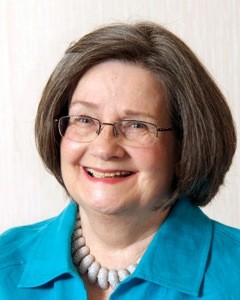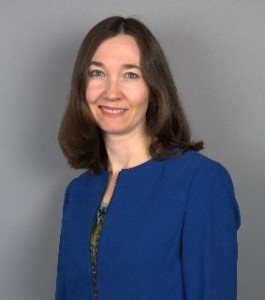 By Marie Howes & Suzanne Cook, PlanetLongevity.com
By Marie Howes & Suzanne Cook, PlanetLongevity.com
Special to the Financial Independence Hub

Sticking with this term financial gerontology, Marie picks up here by saying that in the macro sense it is an urgent public policy issue.
Financial & gerontological collaborations
So how do we square the circle around the potential good coming from financial & gerontological collaborations? Let’s go back to the American Institute for Financial Gerontology and their aim to educate a Registered Financial Gerontologist (RFG) on how to “deliver financial solutions in a comprehensive manner with increased knowledge of the older client’s broad based needs.”

There is one significant difference where we say, Suzanne suggests, develop innovative ways on how to better serve “unique needs”, as opposed to deliver solutions to “broad based needs”. Terminology again. When you serve, you determine needs and respond; it is person focused. When you deliver solutions, you provide a product.
So is it possible to effectively combine Financial + Gerontology for older adults; or is it better that two different specialists are required for older client’s broad based needs?
From Marie’s viewpoint as a financial planning consulting – good advisors keep themselves up to date on developments in the financial world, and on general issues of aging, from senior housing to risk prevention in public and private spaces.
But the financial advisor is not in a position to give comprehensive advice about such things as behavioural issues, or health impacts on communities. The gerontologist can offer good background information to the financial advisor, just as the financial planner can offer realistic advice on basic financial issues for the benefit of the gerontologist.
We live in a world of specialization – mainly because there is so much knowledge out there that we cannot be effective if we try to offer services beyond our competency. Keeping up with our own specialties is a full time job!
We are also in the world of collaboration! That is the joy of thinking and writing this series together.
Marie Howes, PRP is a financial planning consultant, writer and commentator. She has a special interest in the effects of public policies on seniors, particularly in healthcare funding and delivery, and in the regulation of financial and investment advisors which can best protect aging consumers. Marie is a panelist on Planet Longevity -“Forward Thinking on Aging Issues” www.planetlongevity.com
Suzanne Cook, PhD, is a social gerontologist and researcher with a strong belief that longer life spans require a new vision of aging. Her business, Carpe Vitam, links lifelong learning with healthy aging to develop innovative programs and policies for organizations. Suzanne is a panelist on Planet Longevity -“Forward Thinking on Aging Issues” www.planetlongevity.com


